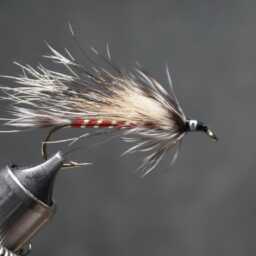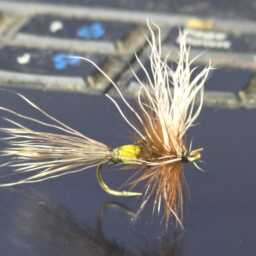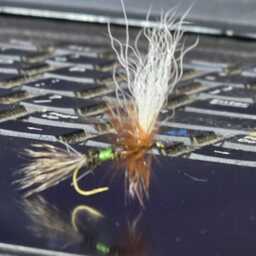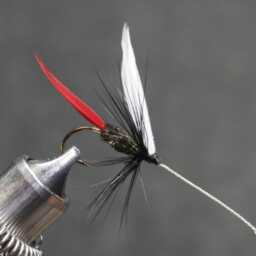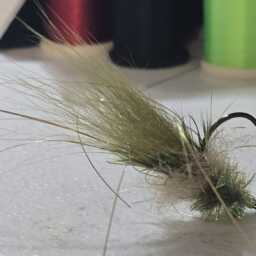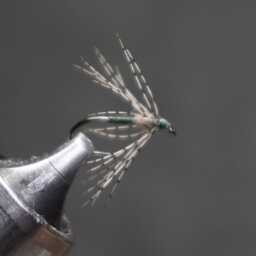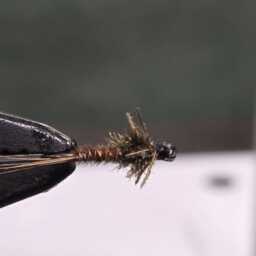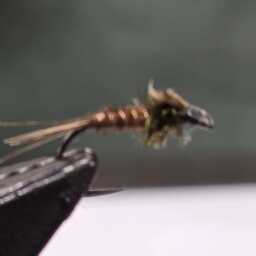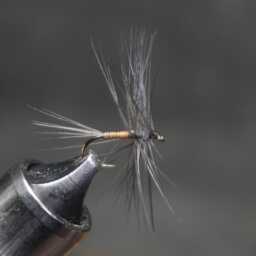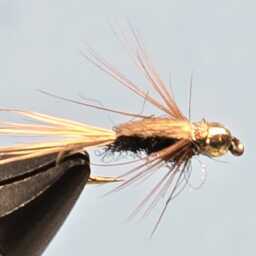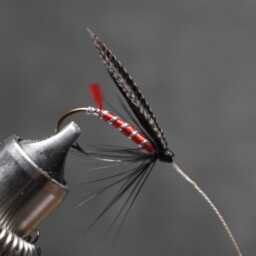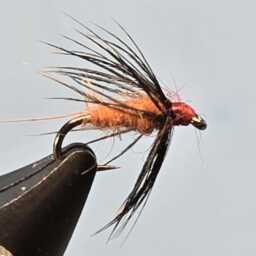African donkeys, or African wild asses, have exceptionally soft hair, often 4 to 5 inches in length. This hair is used in leech patterns as a substitute for marabou and is noted for its greater durability compared to marabou.
The African wild ass (Equus africanus) is a wild member of the horse family, Equidae, and is considered the ancestor of the domestic donkey (Equus asinus). These animals inhabit the arid regions of the Horn of Africa, including Eritrea, Ethiopia, and Somalia. Historically, their range extended north and west into Sudan, Egypt, and Libya. Today, the African wild ass is critically endangered, with only about 570 individuals remaining in the wild.
Standing about 1.2 meters (4 feet) tall and weighing approximately 250 kilograms (600 pounds), the African wild ass has a short, smooth coat that ranges in color from light gray to fawn, fading to white on the undersides and legs. All subspecies have a slender, dark dorsal stripe, and the Nubian wild ass (E. a. africanus) and domestic donkey feature a stripe across the shoulder. The Somali wild ass (E. a. somaliensis) is distinguished by its horizontally striped legs, resembling a zebra’s. The animal’s mane, found on the nape of the neck, is stiff and tipped with black, while its large ears have black margins. The tail ends in a black brush, and its slender hooves are approximately the same diameter as its legs.
« Back to Glossary Index
